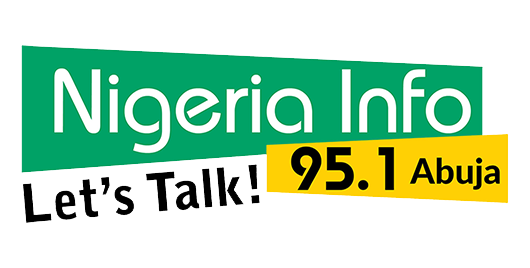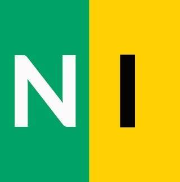
Families are making lifestyle adjustments to cope with the increasing cost of living caused by the hike in petrol pump prices.
Women are often at the center of decision-making to adjust at home.
In Port Harcourt, the Rivers State capital, some of them said they have reduced meal portions.
“The first thing I did was a mindset shift, for myself, my family, for the children, let them understand that it's not business as usual, you're not going to get all that you want the way you used to,” one woman said.
Another woman chose to increase her family’s food budget as the money she usually spent on food could no longer take care of the family’s needs.
“I had to beg my husband to add N5,000 to the weekly feeding money he gives me so that it can cushion my own side contribution to the household, I have also reduced the portion of meat in the pot, and I have parked my car,” she told Nigeria Info.
Yet, another lamented, "You can't just buy something today and tomorrow it's the same price. Everything is just shooting up.”
Some other women have decided to seek divine help.
“It's not easy o, children request for this and that. It's just God that is providing,” a lactating mother of four said.
“Most times, I buy my things in bulk, the ones my money can afford, I buy them. God is helping us,” said another mother of two.
While some women rely on their husbands for support, single mothers often have to foot all the bills at home.
One of the single women who spoke to Nigeria Info described living as ‘difficult.’
“Business is slow,” she said. “Feeding is on the very high side, and I'm not even talking about me, but the children, there's no man helping, the whole responsibility is on me, it's really really difficult.”
Petrol prices are a major determinant of the cost of food, goods, and services in Nigeria.
Increases, even by small margins, always lead to a hike in the prices of goods and services as nearly every home and business uses petrol as a lifeline to fuel cars and power generators.
Petrol prices shot up by more than 70 percent after President Bola Tinubu announced an end to subsidies in his inauguration speech on 29 May.
It went from N290 a liter in Port Harcourt to N511. It now sells for at least N590 in the garden city, following another price hike on Tuesday, 18 July.
The CEO of the Nigeria National Petroleum Company (NNPC) Limited, Mele Kyari said it was due to “market forces”.
In response, the Rivers State government flagged off a free bus transportation scheme.
The federal government also announced a yet-to-be-implemented price economic cushioning program that would include grain and fertilizer distribution to farmers, a six-month cash award policy for civil servants, and improved funding of SMEs.
Some Nigerians doubt the program would be implemented properly.


